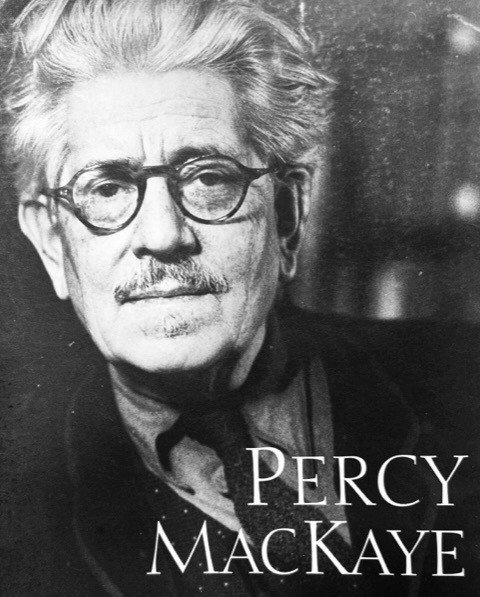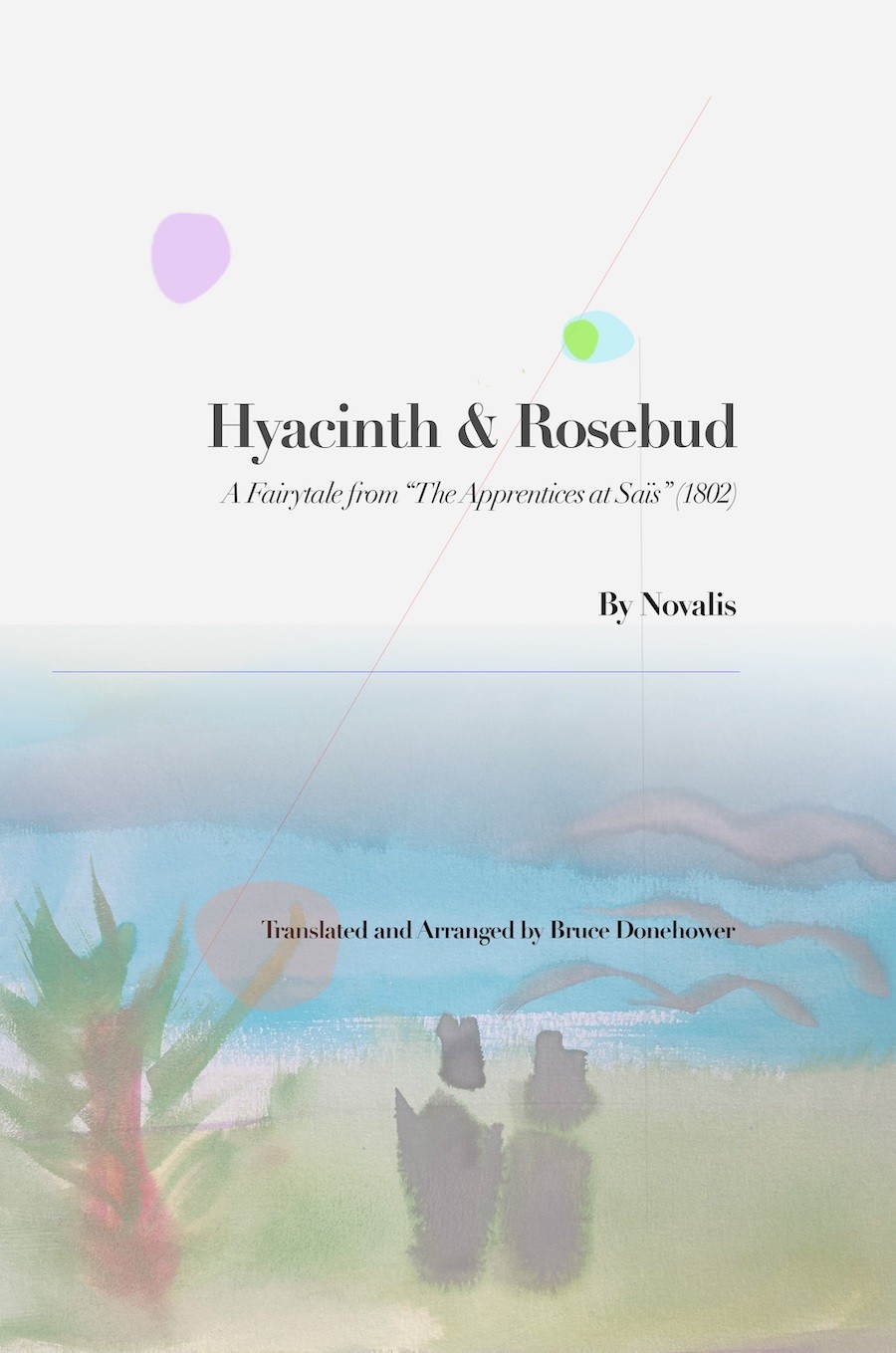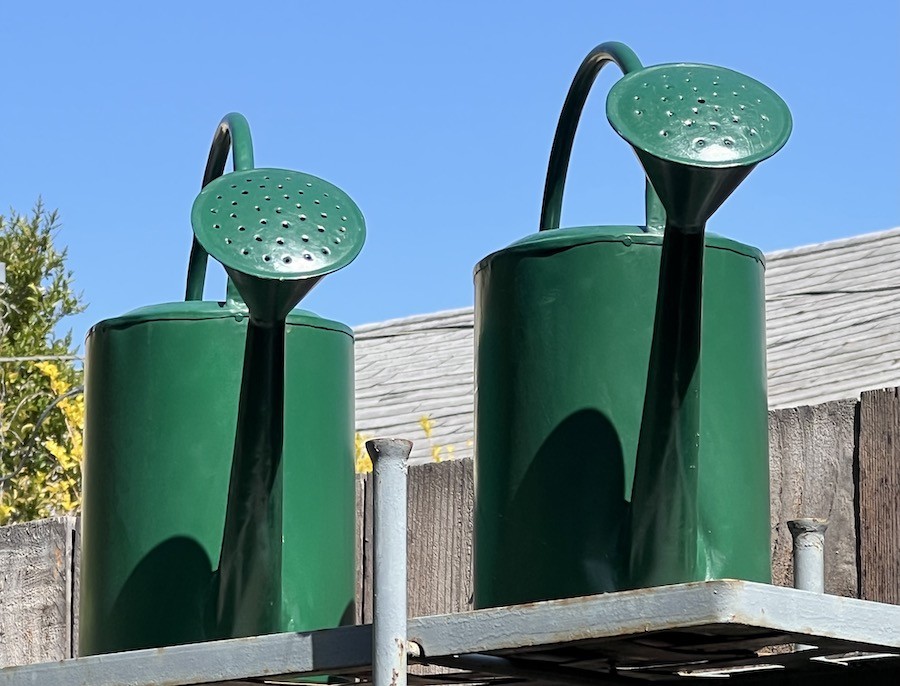“Does the Work of Our Section Really Matter?”
Those who have been active in the Section for many years will recognize this question as the title of an essay by Vivien Law. You can read this brief essay, along with two other essays by Vivien Law, by clicking the blue sentence below. These three essays are called: “The Path of the Humanities Researcher”, “Does the Work of Our Section Really Matter?” and “On the Founding of the Humanities Section and Humanities Research Group in Great Britain.” They all were published in the 2002 Annual of the Section, and it’s good that they can be available again, some might argue, as we work in the Section toward “Planting a Seed & Watering It” and the centennial events of 2023.
Click this sentence to read three essays by Vivien Law
“The actual must die
Eventually.
Only the impossible
Survives, prodding the actual
To change, eternally.”— Percy MacKaye
Retrospective and Look Ahead
Our Section meeting on June 4 consisted largely of discussion, conversation, and planning. We concluded our work with Art and Theory of Art, a book first introduced as a meeting topic on March 5, 2022. I shared a report from the recent North American Collegium meeting in Spring Valley, and then we turned to the calendar. Here’s what’s on the schedule for the month of June.
June 11: “Percy MacKaye and Our American Drama.” I have spoken several times in past years (prior to Covid) about Percy MacKaye and the extended MacKaye family, and it is time to mention Percy MacKaye again and to invite him into our Section meeting conversations. This upcoming brief introductory talk on June 11 will kick-off the discussion, although the group shared many thoughts and reminiscences about Percy and the MacKaye family during tonight’s June 4 meeting . . . and right after the meeting on phone calls!
June 18: Jennifer Greene / North American Representative for the Natural Science Section
June 25: St. John’s Day Salon / End of Semester Gala Celebration / Poetry Night / Original Poetry by Section Friends & Members / Discussion of the Poet’s & Writer’s Process
Summer Break!!

June 11 Mtg. Presentation: “Percy MacKaye and Our American Drama”
“No human being could become a poet were it not for the fact that every human being harbors what actually creates within the poet – namely, the force that only becomes outwardly alive after death but that is already in us.”
— Rudolf Steiner, from the lecture “The Suprasensory Origin of Art” in Art and Theory of Art: Foundation of a New Aesthetics (SteinerBooks)
Jennifer Greene / Vivien Law / Mtg. Presentation on June 18
Jennifer Greene from the Natural Science Section will join our meeting as a special guest on June 18.
Jennifer has chosen to use an essay by Vivien Law as a springboard for a conversation. The essay has the title “The Path of the Humanities Researcher.” This essay appeared in the 2002 yearbook Annual of the Literary Arts and Humanities (Goetheanum Press), and although that date of publication is twenty years ago, the themes and topics in the essay are quite relevant to the Section conversations today, some might argue. The 2002 Annual was dedicated to the memory of Vivien Law, who died February 19, 2002.
From the 2002 Section yearbook contributors biography: “Vivien Law lectured at the University of Cambridge on the history of linguistics from Plato up into the 20th century with emphasis on the history of consciousness.”
Click this sentence to read three essays by Vivien Law

“Hyacinth & Rosebud” watercolor by Marion Donehower
Newly Published: “Hyacinth & Rosebud” A Fairytale by Novalis
With Afterword “The Healing Art of Fairytale”
In response to requests — and as a Section contribution toward the 250th anniversary celebration of the birth of Friedrich von Hardenberg (Novalis) and as a Section outreach to the world — I have made available a fresh translation of “Hyacinth & Rosebud” by Novalis.
This is the translation that Section artists Margit Ilgen and Marion Donehower used as a script for the performance video that we made in 2020 at the beginning of Covid.
This new edition of Hyacinth & Rosebud contains an Afterword that discusses how the Section has worked with fairytale and Novalis during the time of Covid, and it explains why we turned our attention to Novalis at the beginning of these years of challenge and crisis. This Afterword comes directly out of the Section presentation to the Faust Branch at the time of Covid in 2020, and it would not exist without the interest and ongoing support of the Faust Branch for the Section work. Thank you, Faust Branch!

6.5.22

